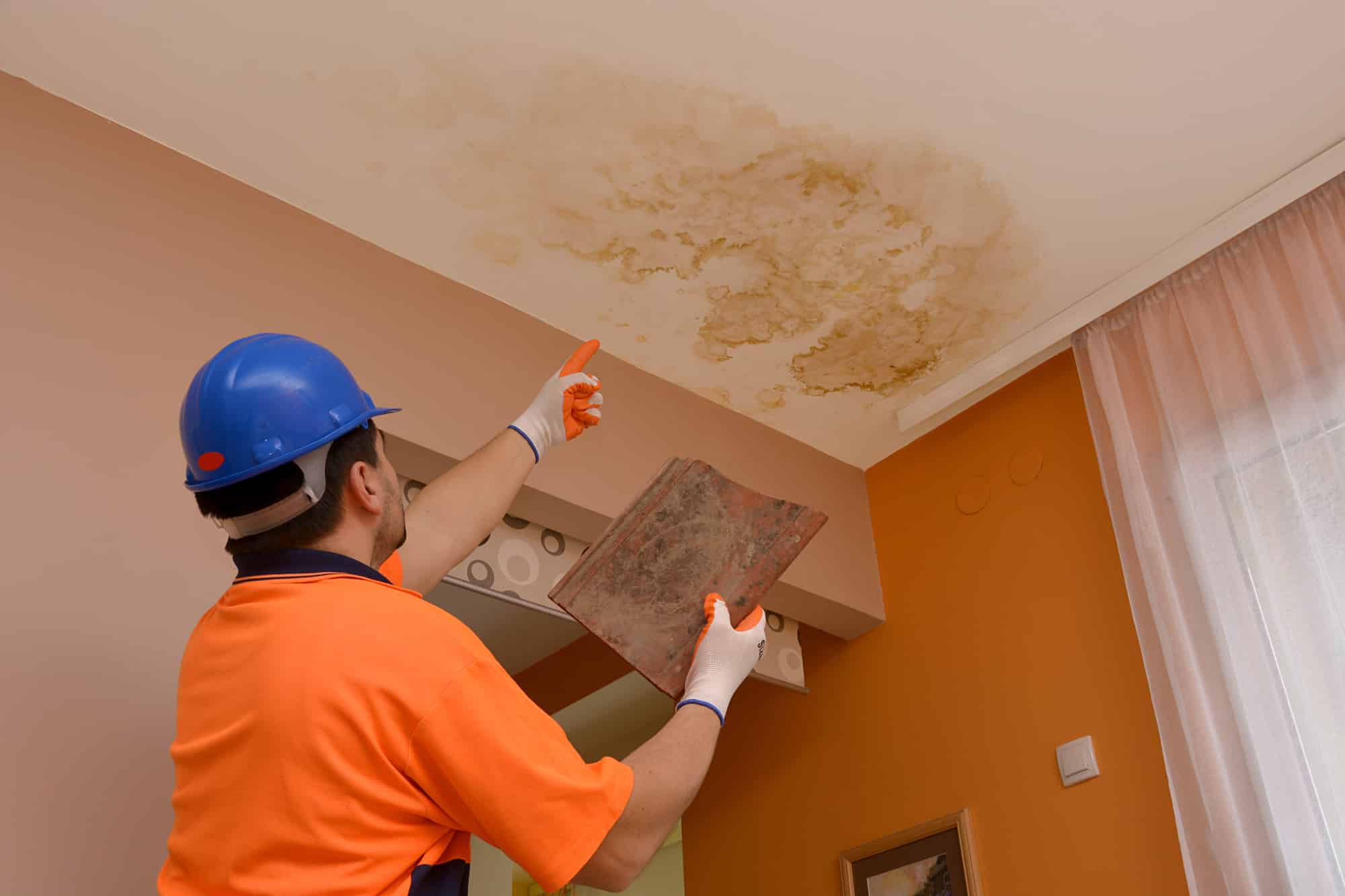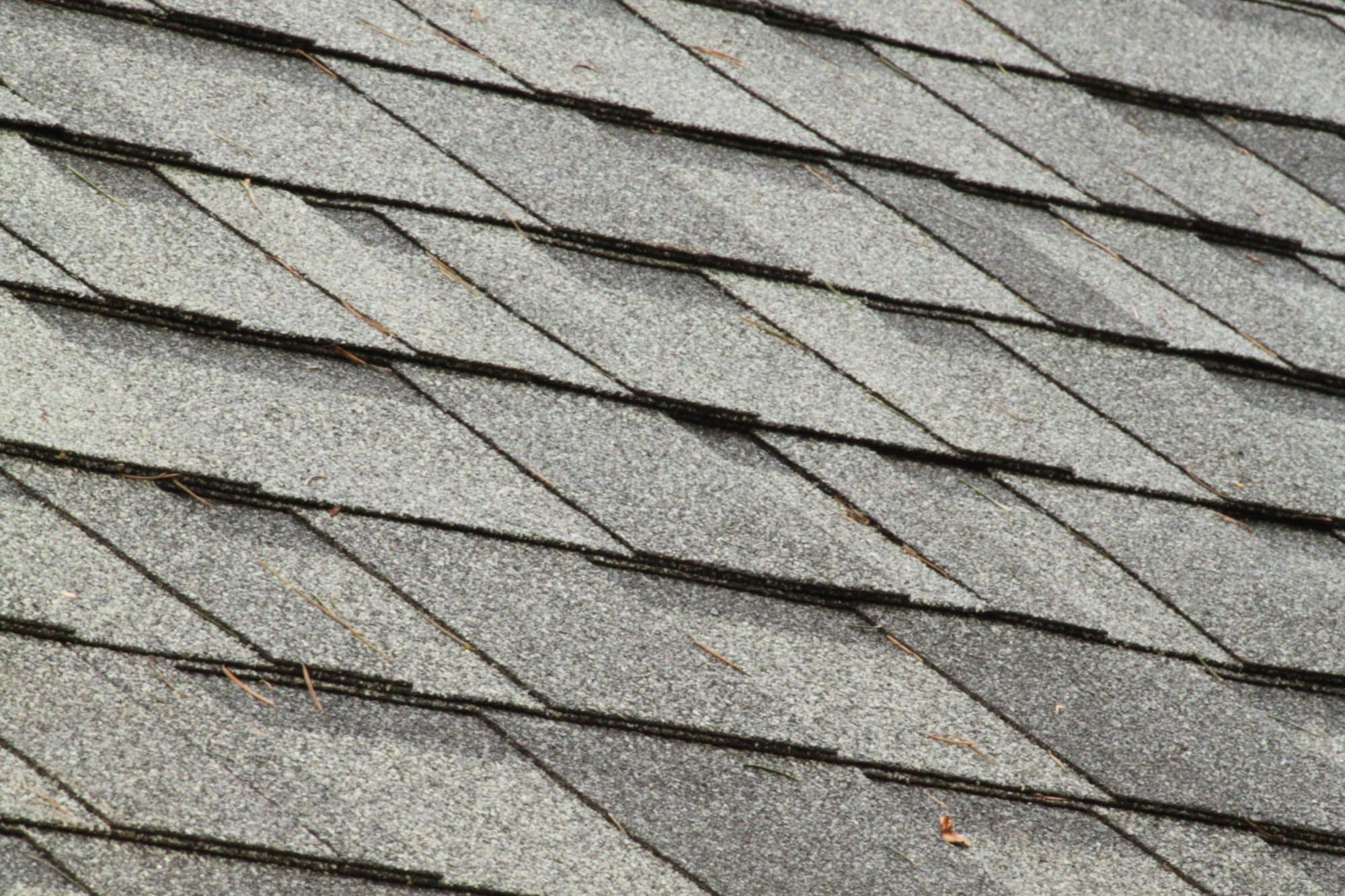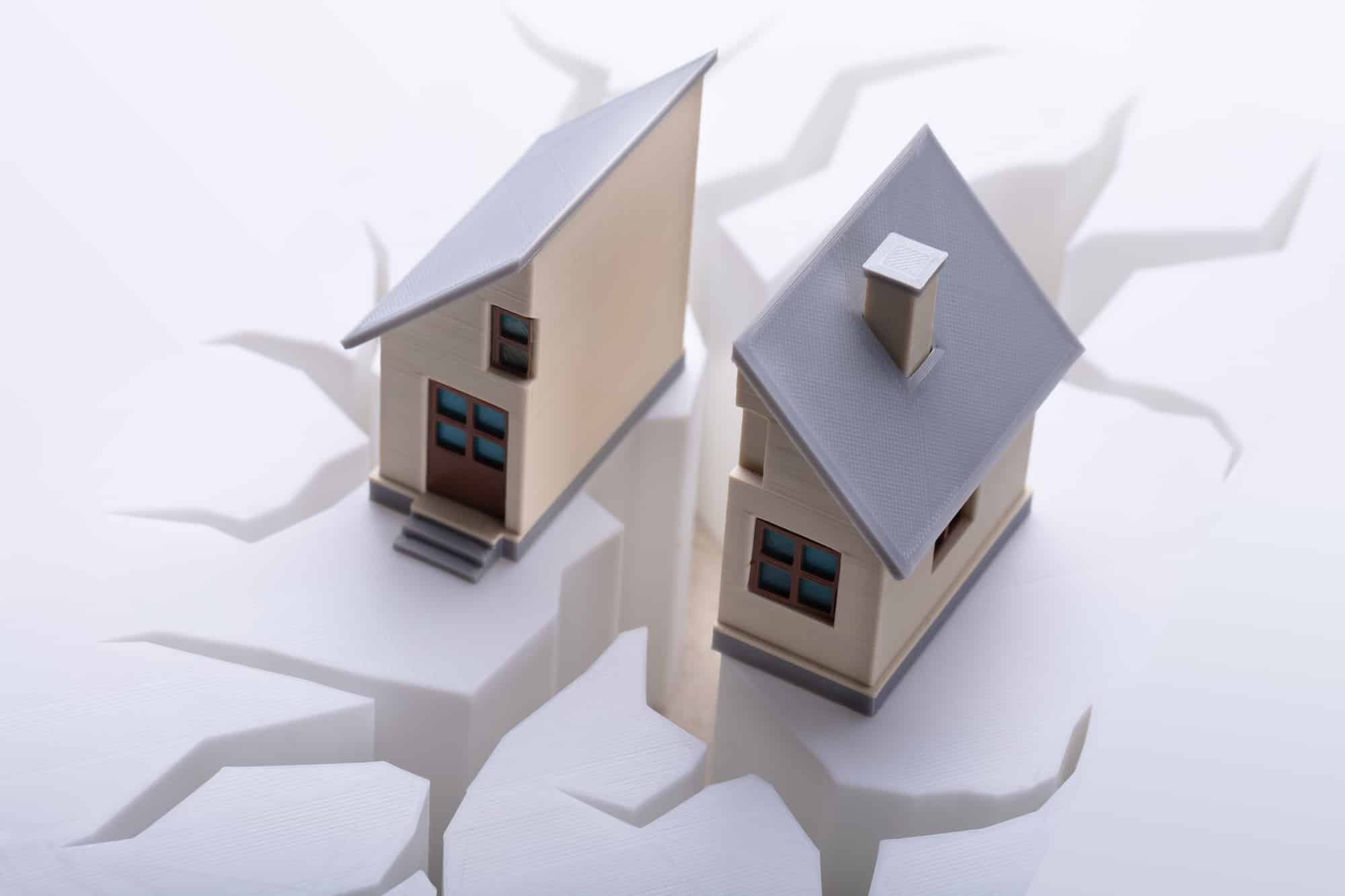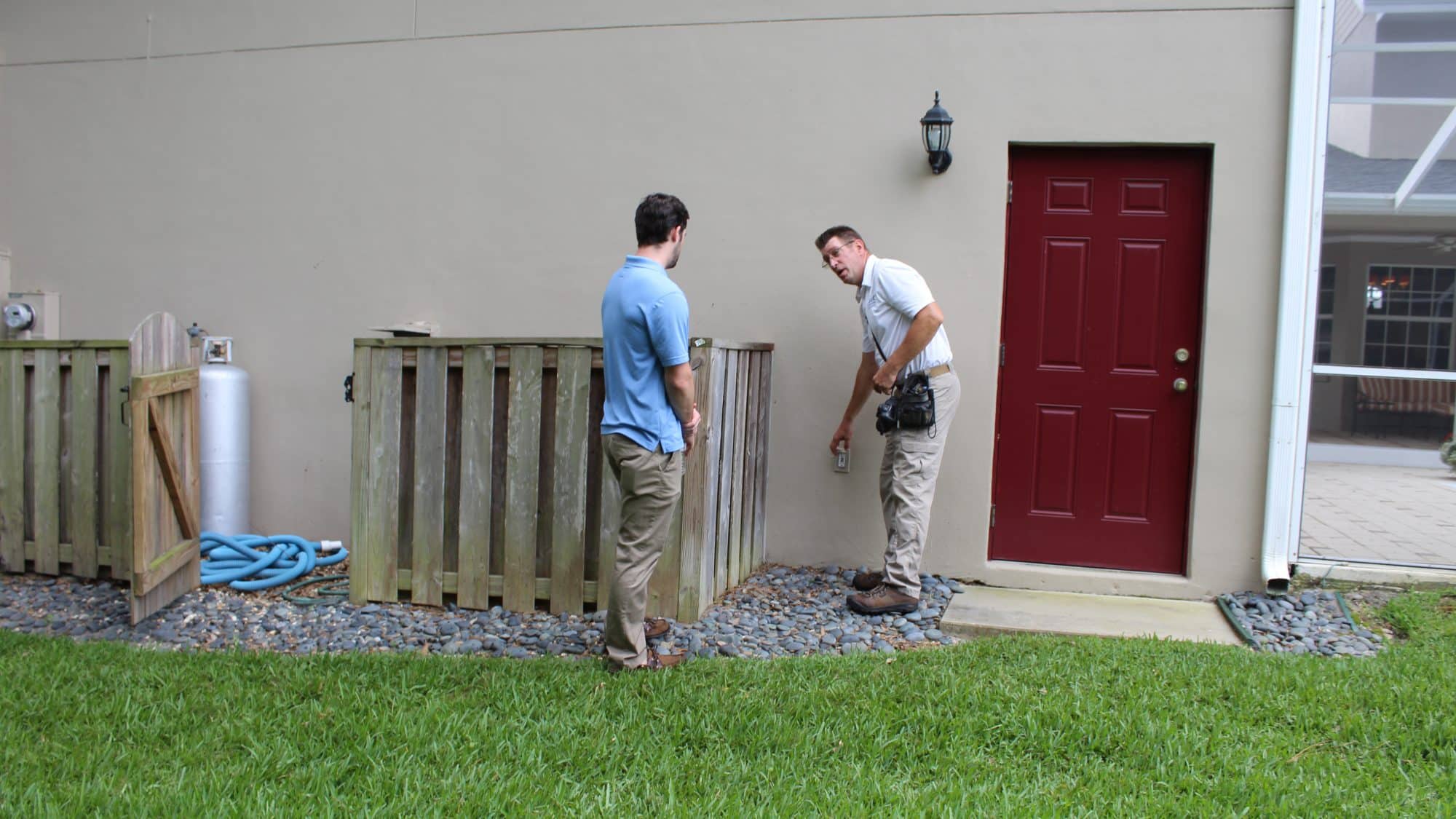Do you know how to tell a house with “good bones” from a dud? A professional home inspector does.
Here’s what to look for when buying a house.
As a potential new homeowner, you’re about to invest a lot of time, money, and emotions in a new place. Do you know what to look for when buying a house?
We often hear stories of people who move into their Dream House only to be overwhelmed with issues once they’ve unpacked the furniture. From hidden water damage to rotting structural supports, some home sellers would rather hide damage than deal with it honestly.
That’s why we always recommend hiring a professional home inspector to ensure the house you’re putting an offer on doesn’t have any nasty secrets.
However, it doesn’t hurt to have a little knowledge going into the initial home tour. Keep reading for a quick guide on what to look for when buying a house.
How Old is the Home?
One of the first things to consider is the year the home was built. Older homes aren’t necessarily bad things; if it was well-maintained, the house may even be in better shape than a newly constructed one.
One thing is for certain, though, building codes change. An older home was likely built under a different set of standards than one that was built a month ago. For example, polybutylene pipes were a common plumbing material prior to 1995, but they are prohibited today, as they can be prone to deterioration.
If you’re concerned about purchasing an older home, a home inspection is crucial to making sure that the home is in tip top shape.
DIY Work
While there’s nothing wrong with saving money and learning new skills, some DIY projects should be left to the professionals.
If the previous owners of the house failed to get proper permitting or follow current building codes, their mistakes will come back to haunt you.
Look for obvious DIY work on important structures such as decks, patios, flooring, and more. Additionally, learn what to look for when buying a house in terms of DIY plumbing or electrical work. Unqualified work here isn’t just a risk to your wallet, it could be potentially hazardous to your health and safety.
Water Damage
One of the most destructive forces of nature is also the one all of us require for survival: water. If left unchecked or allowed to sit, water will seep throughout your home and can create rot, rust, corrosion, and more.
The good news is that water damage can be fairly easy to spot if you know what signs to look for. Keep an eye out for discoloration in the walls, floors, and ceilings as well as bubbling paint, drywall, and plaster.
However, this is one instance where a visual inspection is not enough. (Discoloration is easily covered up with a coat of paint.) Instead, use your nose. If the home smells moldy, musty, or stale, that’s a good indication of prior water damage.
HVAC
This is a must-have for Central Florida. Not only does it make those long summer months more comfortable, it’s expensive to replace.
Most HVAC systems have an average lifespan of 10-15 years, depending on how well they are maintained. If the unit is getting close to its “adolescence,” you’d have to prepare yourself for replacing it after you move in.
Roof
Living without air conditioning is uncomfortable, but living without a working roof? Impossible! (Especially when hurricane season comes along.)
Replacing your roof is one of the most expensive purchases you will ever have for your home. So when looking for a new home, pay close attention to the roof.
Do you see any obvious damage? Are there any missing shingles? Are any of them buckled or curled? Many signs of roof damage won’t be visible to the naked eye from the ground, but if you don’t like the looks of the roof, just imagine what’s hiding below the surface.
Pests
While walking through and around the home, look for the common signs of a pest infestation. Pay special attention to windows, attics, crawl spaces, and any other dark or damp places. If you see droppings, damage, or pests themselves, there are likely plenty of other creepy crawlies that you can’t see.
Remember six mice can become 60 in only three months, and a host of termites can chew through several feet of support beams in only one year.
Structural Damage
Learning what to look for when buying a house means learning the difference between what needs maintenance and what you’ll need to replace. This is especially important when it comes to structural damage.
A home’s foundation, walls, and roof frame are the structural support for the parts of a house that you can see. If they are compromised, you may need to spend tens of thousands of dollars fixing the problem.
Before you fall in love with a certain home, look around for cracks, uneven floors, and doors and windows that don’t open cleanly.
Kitchen Appliances
The layout and size of the kitchen may be acceptable, but what about the appliances?
A new fridge, stove, or dishwasher can be an expensive—and usually unexpected—expense after you’ve already spent hundreds of thousands on a home. Consider the age, style, and condition of the home’s appliances during your tour.
If You See Flaws
There’s no such thing as a “perfect” house. So what should you do about the issues you find on your tour or in the home inspection report?
If you have the skills and funding to make it work, buying a fixer-upper could be a great choice. If you don’t, you’ll regret it.
First of all, there’s no issue, not even a sagging roof, that screams “run from this house and don’t look back.” That’s why inspectors don’t provide advice on what you should do (that’s the realtor’s job). But those issues and imperfections should lead to a re-examination of your contract.
You can either re-negotiate the asking price or ask the sellers to take care of problems before you close. (If you do this, don’t move in without another inspection afterwards to check the quality of the work).
Need Help Knowing What to Look for When Buying a House?
Of course, we don’t expect you to know exactly what to look for when buying a house. For that, you’ll need a professional home inspector.
If you’re in the market for a new home, we want to help you avoid making any life-altering mistakes. Our number one priority is making sure you get the house of your dreams without any nasty surprises.
We know exactly what to look for when buying a house so you can move into your new home or renew your house hunting with confidence.
Contact us today to set up a professional inspection.







